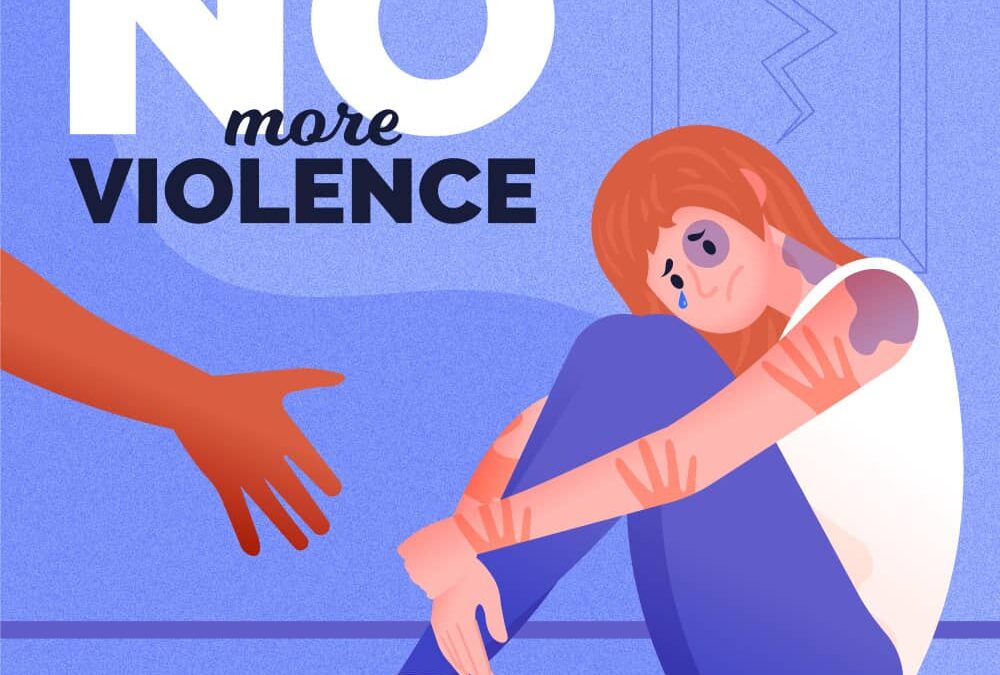Domestic violence encompasses various abusive behaviors within a household or intimate relationship. Here are some common types and their meanings:
Physical abuse: Involves physical harm, such as hitting, slapping, punching, or any form of violence that causes bodily injury.
Emotional or psychological abuse: Involves manipulation, humiliation, gaslighting, threats, and any behavior that damages a person’s self-esteem and emotional well-being.
Verbal abuse: Includes name-calling, insults, yelling, and using hurtful language to demean and control the victim.
Sexual abuse: Involves any unwanted sexual activity, coercion, or forcing the victim into sexual acts without consent.
Financial abuse:
- It occurs when one partner controls the other’s finances.
- Restricts access to money.
- It uses money to exert power and control over the victim.
Digital or online abuse: Includes using technology to stalk, harass, or intimidate the victim, such as cyber-bullying, tracking, or spreading malicious rumors online.
It’s essential to recognize the signs of domestic violence and seek help and support if you or someone you know is experiencing abuse. If you or someone you know is in immediate danger, don’t hesitate to contact local law enforcement or a domestic violence hotline for assistance.
Supporting physically and mentally abused victims requires a compassionate and multi-faceted approach. Here are some ways to help:
Listen and validate: Be a non-judgmental listener, allowing them to share their experiences and emotions without interruption or criticism.
Encourage professional help: Suggest seeking assistance from counselors, therapists, or support groups experienced in dealing with abuse survivors.
Safety first: Help them create a safe environment by finding shelters, crisis hotlines, or resources for immediate protection.
Offer practical support: Assist with daily tasks or necessities, like transportation, childcare, or legal advice, as needed.
Be patient and understanding: Healing takes time, and survivors may experience setbacks. Be patient and supportive throughout their journey.
Respect their choices: Avoid pressuring them to make decisions they aren’t ready for, and respect their autonomy.
Educate yourself: Learn more about abuse and its effects to understand their experiences and needs better.
Raise awareness: Advocate for abuse prevention and support services in your community.
Remember that supporting abused survivors can be emotionally challenging. If you’re unsure how to help, consider seeking guidance from professionals or support organizations.

